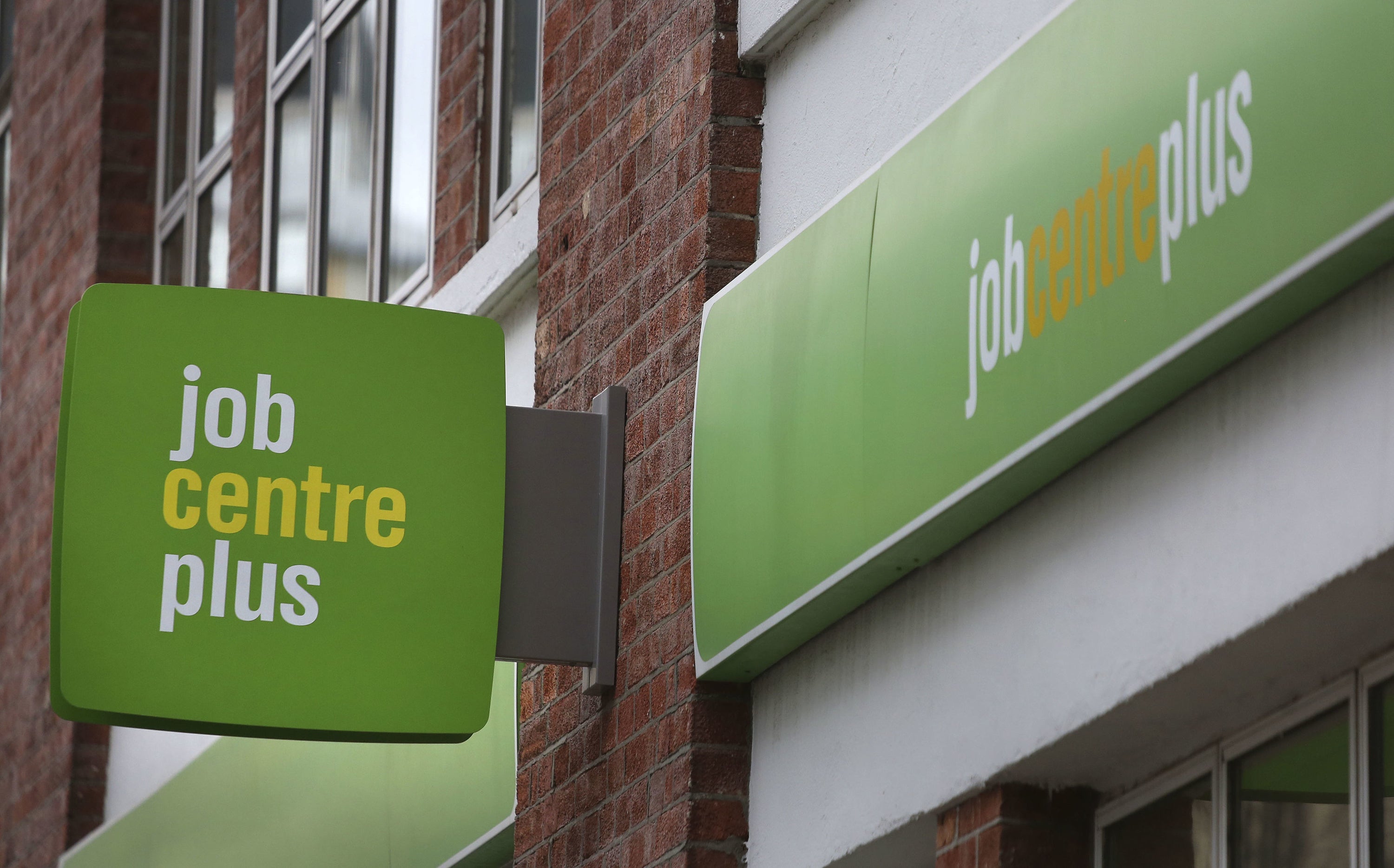Starmer declares Britain ‘simply isn’t working’ and unveils plan to slash benefits bill
Announcement comes after the PM pledged to tackle UK’s ‘bulging benefits bill’
Your support helps us to tell the story
From reproductive rights to climate change to Big Tech, The Independent is on the ground when the story is developing. Whether it's investigating the financials of Elon Musk's pro-Trump PAC or producing our latest documentary, 'The A Word', which shines a light on the American women fighting for reproductive rights, we know how important it is to parse out the facts from the messaging.
At such a critical moment in US history, we need reporters on the ground. Your donation allows us to keep sending journalists to speak to both sides of the story.
The Independent is trusted by Americans across the entire political spectrum. And unlike many other quality news outlets, we choose not to lock Americans out of our reporting and analysis with paywalls. We believe quality journalism should be available to everyone, paid for by those who can afford it.
Your support makes all the difference.Sir Keir Starmer has declared Britain “simply isn’t working” as he unveiled plans to bring more people into work and slash the country’s spiralling benefits bill.
The prime minister is planning to replace the network of Jobcentres with a new National Jobs and Careers Service, while more NHS staff will be sent to areas with higher rates of joblessness.
Young people will be offered additional employment and training opportunities, including with the Premier League, the Royal Shakespeare Company and Channel Four, while extra powers will be handed to mayors to develop their own employment plans.
The reforms, to be unveiled by work and pensions sectretary Liz Kendall today, will also see an expansion of mental health support and efforts to tackle obesity.
The ‘Get Britain Working Again’ white paper is part of a government pledge to bring more than two million people back into work.
While unemployment stands at almost 1.5 million, economic inactivity has also soared to more than nine million, with 2.8 million people out of work due to long-term sickness – a major driver of the rise in joblessness since the pandemic.
Sir Keir said: “From the broken NHS, flatlining economy, and the millions of people left unemployed and trapped in an inactivity spiral – this government inherited a country that simply isn’t working. But today we’ve set out a plan to fix this.
“Our reforms put an end to the culture of blaming and shaming people who for too long haven’t been getting the support they need to get back to work.”

Tackling economic inactivity, which has risen by 600,000 people since the pandemic, is seen as vital to both boosting economic growth and reducing a spiralling welfare bill that threatens to demand more resources from the Treasury.
The new system replacing Jobcentres is expected to have a greater focus on helping people back into work rather than monitoring benefit claims, Labour has said.
Employment minister Alison McGovern said one in eight young people being out of work is “not acceptable”. “If you have a break in your career at the very beginning, the consequences stay with you throughout your whole working life,” she warned.
Ms McGovern told Sky News: “We can’t allow that to happen.”
Although further detail on Ms Kendall’s plan to also bring in benefit sanctions for those who don’t engage with the Department of Work and Pensions has not yet been provided.
Labour ministers have come under fire recently for the move.
Writing on Twitter/X, veteran Labour MP Diane Abbott accused the prime minister of “peddling the benefit scrounger mythology” as he vowed in the Mail on Sunday to tackle the “bulging benefits bill blighting our society.”

Speaking on LBC, Policy in Practice director Deven Ghelani said the language “is a continuation of Conservative policies.”
“There are certain messages that politicians believe the public need to get elected, to show they’re being tough, which blinds us from what some of the real challenges are. And I think this is another example of this happening,” he said.
However, the think tank boss also said that Labour’s tone shows the party is “much more aware” of the challenges that people on disability face.
He adds that the number of people unable to work due to long-term sickness – a record 2.8 million in February – demonstrate the “consequences of a really sharp programme of austerity” under previous Conservative administrations.
Addressing this, Labour’s wide-ranging white paper has also reaffirmed Labour’s commitment to “fix the NHS,” outlining the need to prevent ill health that leads to economic inactivity. The party has pledged £22.6 billion in 2025/26 to improve the NHS and deliver 40,000 more appointments.
The government has remained coy on planned overhaul to health and disability benefits but promises that a consultation will be published in Spring. Acknowledging campaigner calls, ministers say the views of disabled people will be at the heart of this.
However, the party still maintains a commitment to Conservative spending plans to shave £3bn from the welfare bill over the next four years. This has led to fears from welfare rights campaigners that much-maligned reforms to disability benefit health assessments may still be on the cards.

Join our commenting forum
Join thought-provoking conversations, follow other Independent readers and see their replies
Comments